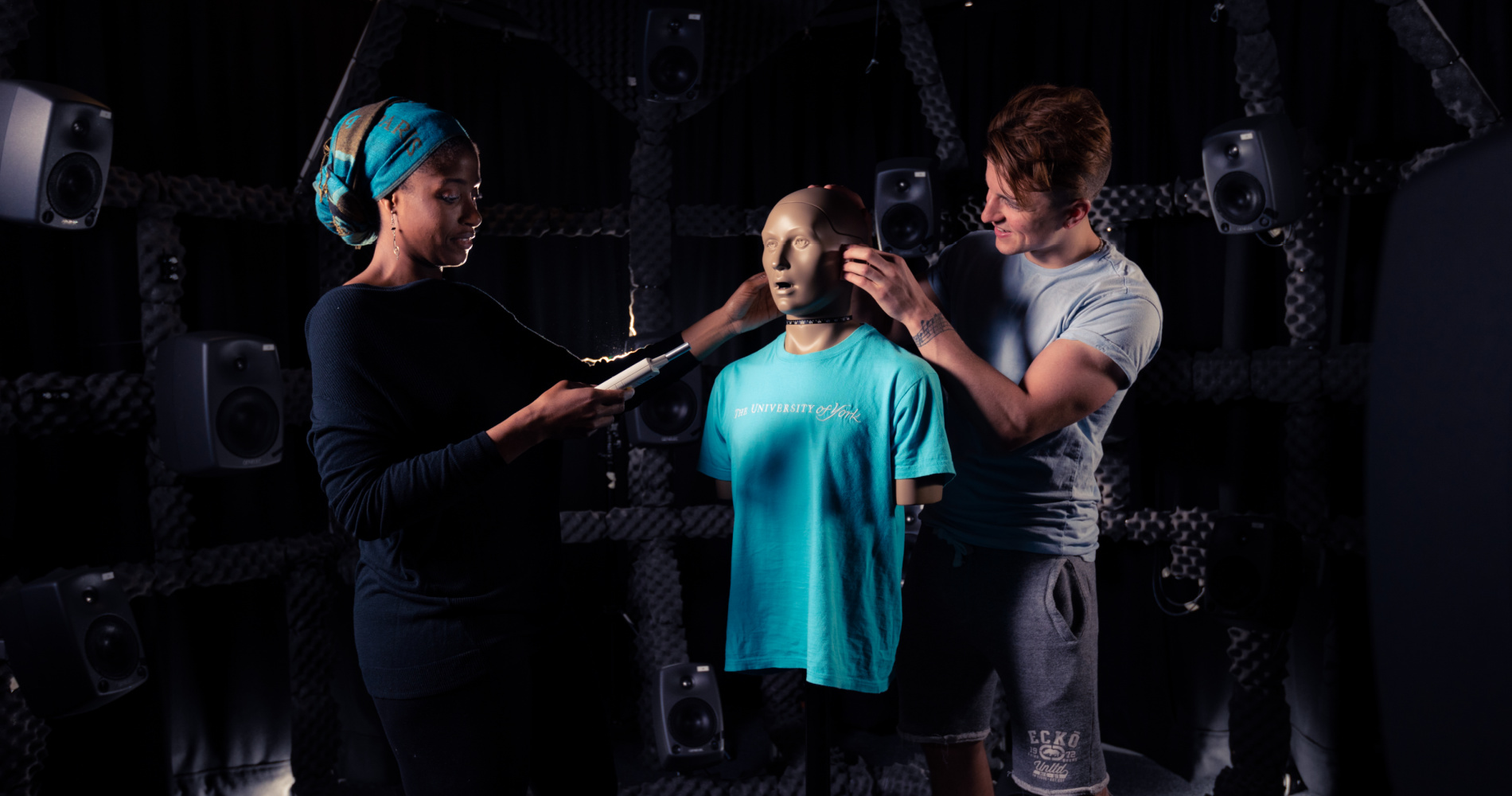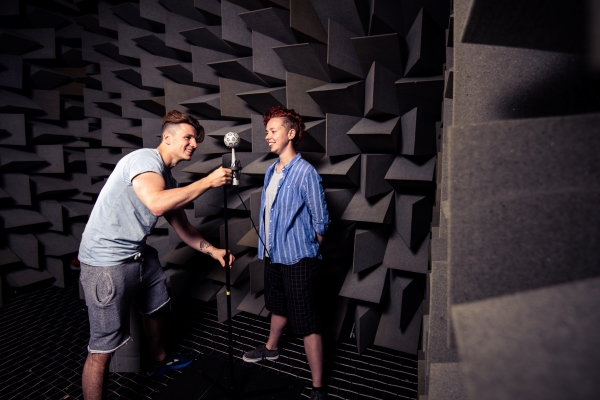| Length | Start dates (semester dates) | |
|---|---|---|
| MSc by research |
1 year full-time |
January |
| MSc by research (distance learning) |
1 year full-time |
January |
Study with us and deliver key research on a leading area of expertise, from signal processing for acoustics to audio for virtual reality. An MSc by research focuses on independent learning and discovery. It's great preparation for doctoral study, or to gain a competitive edge in the job market.
Your research
The focus of your work will be an independent research project. We provide training which will equip you with skills in a wide range of research methods to support your growing expertise. Your research will culminate in a thesis, which is usually around 15,000 to 20,000 words long.
You are encouraged to take advanced taught courses to help fill any gaps in background knowledge required for your research project. The choice of courses taken will be made together with your supervisor at the beginning of the programme.
Transfer to PhD
You may be able to transfer to the PhD programme if your project is of a sufficiently high standard and has the potential to be explored in greater depth.
Supervision
You will be supervised on a one-to-one basis by a member of the academic staff. We also offer opportunities for co-supervision, within the School and across the wider University, to support interdisciplinary projects. Your supervisor will help guide your progress, supported by a thesis advisory panel.
Before applying, we encourage you to learn about our academics and how their work and expertise fit your interests. Our academic staff are happy to answer any questions on their research interests or discuss a project you might have in mind.
Most of our academics accept applications for self-funded MSc study all year round.


